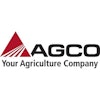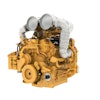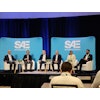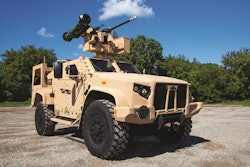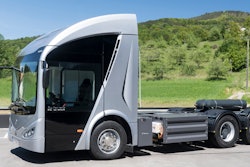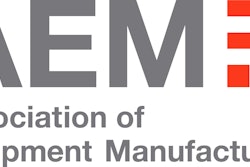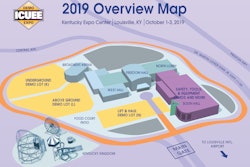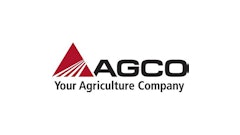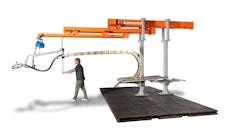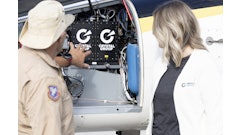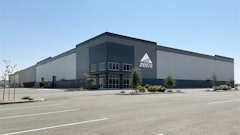Power management company Eaton announces it has been selected to participate in the first meeting of the National Transportation Research Center (NTRC) advisory board as a recognized technology leader. Eaton will be represented on the board by Dr. Mihai Dorobantu, director of Technology Planning and Government Affairs, Eaton’s Vehicle Group.
The U.S. Department of Energy established the board for the NTRC, which is run by the Oak Ridge National Laboratory (ORNL), to help guide U.S. advanced technology. Eaton is one of only three automotive suppliers chosen to participate in the board meeting, which will be held on May 30, 2019, at the NTRC in Oak Ridge, TN.
The objectives of the NTRC advisory board are:
- Evaluate the facility competencies, associated research portfolio and strategic plans;
- Identify and discuss opportunities and challenges that should influence further facility development; and
- Recommend critical new initiatives that the NTRC should pursue over the next one to five years.
Eaton’s Vehicle Group is a technology leader in powertrain technologies with a focus on affordable solutions that reduce fuel consumption and harmful emissions. Its portfolio includes variable valve actuation technologies such as cylinder deactivation and advanced engine braking, exhaust gas recirculation pumps and scavenging pumps, which simultaneously reduce greenhouse and polluting gases. Eaton’s eMobility business offers a full suite of electrified vehicle (EV) components, including efficient power electronics, electrical power distribution and safety systems, and EV transmissions that are key to compact, cost-effective and energy-efficient EV propulsion.
The NTRC has research facilities focused on power electronics, electric machinery and wireless charging, energy storage, powertrain-in-the-loop, fuels, engines, emissions controls, cybersecurity, and vehicle and mobility systems. With more than 130 active industry partners, the NTRC leverages other ORNL facilities and expertise in materials, biofuels and fuel cells as well as high-performance computing and neutron sciences to address the many challenges to a more sustainable, safe and secure transportation future.
